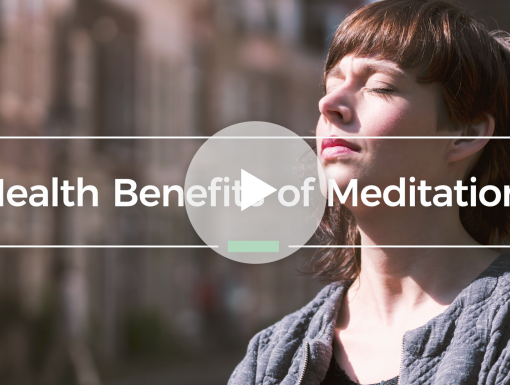
Why College Students Need a Primary Care Doctor
If you are a college student or college-aged adult, you may take your general good health for granted at least a little bit. Unless you have a preexisting condition, you probably wake up most days feeling relatively well. Trust me, as we get older, we often look back nostalgically on our time as a healthy young adult and easy ability to bounce back!
As college students, you are understandably busy juggling classes, working jobs and socializing with friends. Visiting a doctor for preventative health checkups may be put on the back burner. When you turn 18 and become a legal adult, however, it is time to consider transitioning to a primary care or adult medicine physician.
Your routine health needs change at this age. Therefore, it is important to establish a relationship with a doctor who can get to know your health history and help you plan and anticipate your future care goals and screenings.
When was your last primary care exam? If it's been over a year, let's get your health back on track.
Your primary care physician can be your point of contact when it comes to general medical questions, tests and lab work, vaccinations, medication prescriptions or referrals to specialists such as dermatologists and psychiatrists. Developing this relationship with a primary care physician will lend itself to smoother care when it comes to focusing on any acute illnesses and managing any chronic conditions.
Here are some important reasons why you, as a college student or college-aged adult, should be proactive about your health by establishing your own primary care doctor.
- Whether through virtual visits or traditional appointments, primary care physicians are trained to know and consider the health of the whole person. This goes beyond just treating symptoms that appear, and includes learning about and accounting for your chronic medical and family histories.
- If you are a college-aged student, having a primary care physician will decrease the stress of trying to find an urgent care facility for the issues that pop up unexpectedly.
- Having a primary care physician makes sensitive subjects much easier to talk about without having to involve parents or caretakers. Your relationship with your primary care provider is confidential, so you can be honest and open with them about your health.
- Living in the moment or "having the college experience” may not always include maintaining a healthy diet, participating in regular exercise or other self-care activities that keep you healthy for the long term. A primary care physician will make sure that you aren’t doing damage to your body, as well as help you consider and explore health resources if you have health goals you want to attain.
- Google and WebMD are not proper substitutes for talking to a qualified professional, being evaluated in real-time with the correct tests, and being treated appropriately.
- According to the CDC, 50% of new sexually transmitted infections each year affect people ages 15 to 24. Your physician can walk through this with you and give you options for prevention or treatment.
- Most providers are skilled in wellness care and can discuss your questions and concerns regarding sustainable health, vitamins, supplements, the most recent diet craze and which workout class you should be making time for.
- Primary care physicians can help explain what DNA genetic testing results from companies like 23AndMe really mean. They can also work with you on how to interpret this data and how it impacts your health moving forward or if you are thinking about having children one day.
Going off to college or already enrolled? Get ahead of the game and establish yourself with a primary care provider in your new city!
Editor's note: This article was originally published on Aug. 17, 2018.



